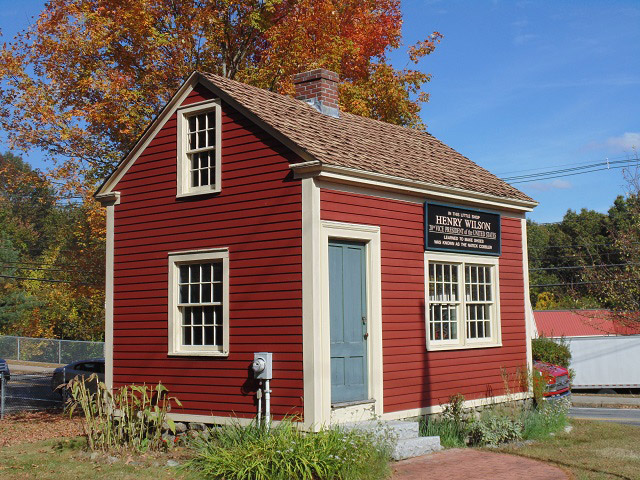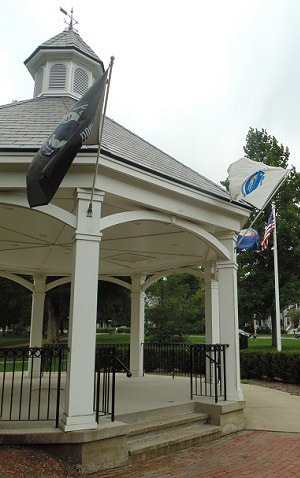Unsure What is Right for You?
Use our online assessment tool to see what information, tools and resources are available here that best meet your needs.
Need to speak to someone by phone about a caregiving issue? There are options to contact someone directly for help.
TEXT SIZE
SHARE

Medicaid is a health insurance and long-term care coverage program for low income and elderly Americans financed by the federal and state governments.
Each state establishes and administers its own Medicaid program and determines the type, amount, duration and scope of services covered within broad federal guidelines. States must cover certain mandatory benefits and may choose to provide other optional benefits. Medicaid is also the primary means of payment for nursing home services in the United States.
The Massachusetts Medicaid program is MassHealth, which provides health insurance or help in paying for private health insurance to more than a million Massachusetts children, families, seniors and people with disabilities.
To qualify for MassHealth, a person must be a resident of Massachusetts, along with belonging to one or more of the following categories:
In most cases, financial eligibility requirements must also be met to qualify for MassHealth.
MassHealth Standard covers a wide range of medical care, including a number of benefits of particular interest to caregivers

Here is list of items and information you should have ready before applying for MassHealth:
On April 14, 2016, the $15.4 billion MassHealth program announced a major “restructuring” campaign designed to create “a sustainable, robust” health care program for its 1.8 million members. This process is the culmination of roughly a year of “intensive design and stakeholder engagement,” according to state officials.
MassHealth accounts for almost 40% of the Commonwealth’s budget. The Administration of Governor Charles Baker has made overt moves to swap out the current fee-for-service payment model, which they says results in “fragmented, siloed care,” and replace it with a managed care delivery system experiment which places large hospital and physician networks, known as “Accountable Care Organizations (ACOs),” in control of funding.
The instrument to make this change is a large federal 1115 waiver to support MassHealth restructuring. Financing for the current waiver ends June 30, 2017 with $1 billion in federal support. State law (Chapter 224) requires MassHealth to adopt alternative payment methodologies for promotion of more coordinated and efficient care. ACOs would represent for MassHealth a more “integrated” model of care. In ACO models, the health care providers are accountable for the cost and quality of care.
At the center of the “restructuring” plan are the ACOs. To be an ACO, providers must show they can coordinate care and partner with Community Partners, including primary, specialty, behavioral, acute, and community-based care. The ACO must have relationships with other providers to coordinate/ integrate care effectively. ACOs will be able to choose to create an integrated ACO/MCO entity or enter into ACO contracts with other MCOs; some ACOs may choose to contract directly with MassHealth.
MassHealth’s timeline calls for pilot ACOs to launch by the end of calendar 2016, with a full roll out of ACOs, BH/LTSS Community Partners and DSRIP by October 2017.
In the LTSS field, the focus is on the relationships between the new ACOs and the new “Community Partners.” (CPs). The ACO plan calls for increased LTSS integration and linkages to social services in ACO models through “explicit requirements for partnering with LTSS Community Partners.” The state will encourage ACOs to “buy” LTSS care management expertise from existing community-based organizations, like the 26 statewide Aging Services Access Points (ASAPs) vs. “building” their own assessment and care coordination capacity. MassHealth plans to invest in infrastructure and capacity to overcome fragmentation amongst community-based organizations.
MassHealth is not requiring ACOs to partner with CPs, but instead trying to use financial incentives to make this happen.
For more information about the MassHealth restructuring, see the full story at Mass Home Care.